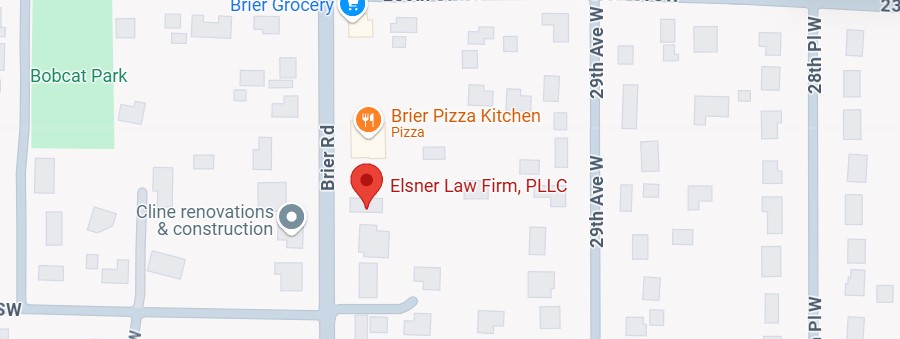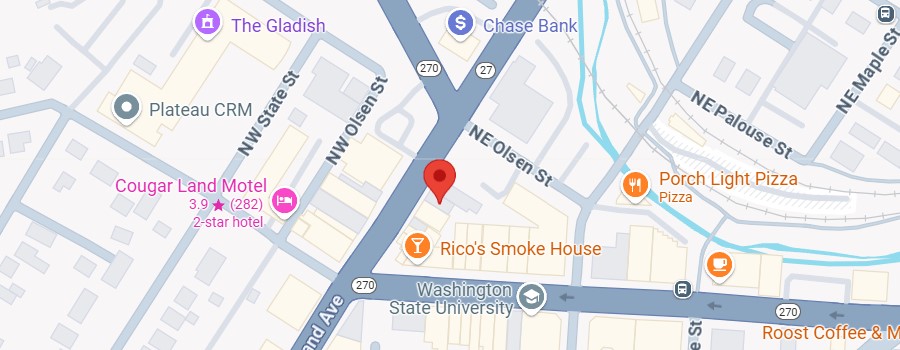
All About Liability
When you’ve been involved in some sort of accident or incident, the first question many people will ask is “Who’s liable?” Determining who’s responsible and will take the brunt of the insurance penalties is important, but it’s often not so cut and dry. In personal injury cases, liability can come in a variety of different forms which will determine how the case is presented and determined. Let’s break down a few of the terms and show how they might have an impact on your case.
Third Party Liability
A third party liability claim means that someone has been injured caused by a negligent third party’s action. This is a broad term, one which encapsulates much of the other forms of liability you’ll see below, but it’s helpful for understanding the context of which liability exists. Oftentimes third party liability cases spur from negligence leading to some sort of accident. It could be a case where an employee is hurt on the job by someone other than the employer – i.e. you’re driving the company car for work and you’re struck by another driver. It also goes for defective products you might use on the job as well that harm you. The burden is placed on the manufacturer, not the company that purchases the product for your workplace. Essentially, if someone else other than yourself is responsible for any sort of accident, it falls under third party liability.
Premises Liability
Premises liability places responsibility on the owner of any property with unsafe conditions in which an injury occurs. This is a wide spectrum, ranging from slips and falls to dog bites and swimming pool accidents. It can apply to businesses and private property owners – if something on their property lead to your injury, they must be held liable for harboring defective conditions.
Restaurants can be high risk environments for accidents and injuries. That’s why restaurant liability exists within premises liability, making it the owner’s responsibility to make sure their restaurant is a safe and clean environment. An establishment like this can easily be filed against should an injury occur. Whether it’s slipping on spilled drinks and food or harboring a belligerent environment, the restaurant may bear responsibility for your injury. There are also Dram Shop laws to consider as well. Under these laws, if a restaurant or bar serves alcohol to someone who is clearly drunk, then the restaurant becomes liable for any injuries that person may cause to another person.
Strict Liability
It doesn’t matter if a company or person’s product/property wasn’t intended to cause harm – the party is still held responsible. That’s the cornerstone of strict liability. For personal injury cases, strict liability is often used in dog bite cases. Regardless of the dog owner’s intent, you still got bit and they’re still held responsible. It’s their job to make sure the dog behaves appropriately and thus they take the blame for the dog’s actions – even if the dog wanders off of the owner’s property and kills or harms someone else’s livestock, that would keep the owner liable as well.
Need help sorting out what type of liability applies to your personal injury case? These definitions are just scratching the surface – meaning there can be a lot more you have to sort through. Call Elsner Law Firm and we can sort through the details to determine who should be held responsible and get you the compensation you deserve.



